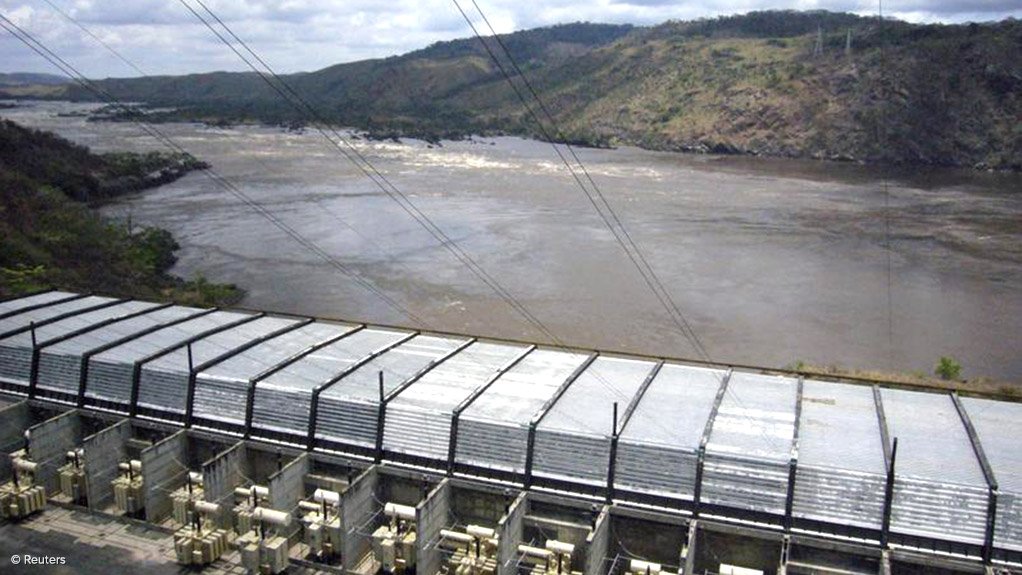South Africa is committed to working closely with the Democratic Republic of Congo (DRC) to strengthen and deepen bilateral trade relations and to develop the country’s economy, Department of Trade and Industry (DTI) acting deputy director-general Yunus Hoosen said this week.
Speaking at a trade and investment seminar, hosted by the DTI as part of its Investment and Trade Initiative, in Kinshasa, he pointed out that trade between South Africa and the DRC was currently skewed, with South Africa exporting goods and services to the value of R13-billion into the DRC, while very little came into South Africa from the DRC.
“The trade imbalance between the two countries needs to be addressed. That is the reason why, as a country, we are committed to putting a lot of emphasis on enhancing our economic cooperation, fast-tracking identified areas of support, and looking at infrastructure projects that we would like to work closely with the DRC on,” Hoosen stated.
Also speaking at the seminar, South African Deputy Ambassador to the DRC Andrew Maswanganye emphasised that South Africa and the DRC had to do more to improve cooperation in the field of economic development to achieve their shared vision of eradicating unemployment, poverty and inequality by 2030.
“This calls for a greater need to industrialise our economies by utilising the natural and ecological resources, skills, technologies, and other development partnerships that we have,” he said.
He noted that the DRC government had prioritised industrialisation as the most important intervention to help put the country on the path to sustainable inclusive economic development.
“Development programmes that have been identified and shared with the South African government include the development of the Grand Inga hydropower complex, which has the potential to be the hub of the DRC power generation industry, and which, if fully exploited, can supply energy to as many as five-million households across Africa,” he added.
Further, Maswanganye expressed optimism that the redevelopment of the Congolese agriculture and agroprocessing capacity through agroindustrial parks would help restore the significance of agriculture in the DRC to its 1966 status when it accounted for the largest share of the country’s gross domestic product.
“There is also the modernisation of the service sector by improving the regulatory climate and strengthening institutions of corporate governance, especially in areas such as information and communication technology, financial services, retail and tourism in the DRC.
“This is where South African and DRC companies can partner to take advantage of opportunities," he said, adding that there was also a significant improvement in the transformation of the legal institutional framework governing the mining industry in the DRC.
EMAIL THIS ARTICLE SAVE THIS ARTICLE
To subscribe email subscriptions@creamermedia.co.za or click here
To advertise email advertising@creamermedia.co.za or click here











